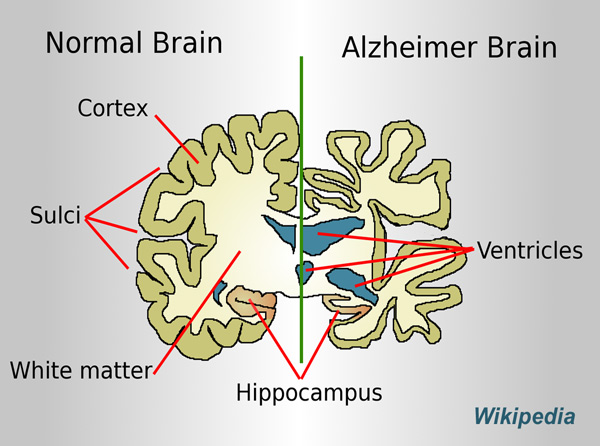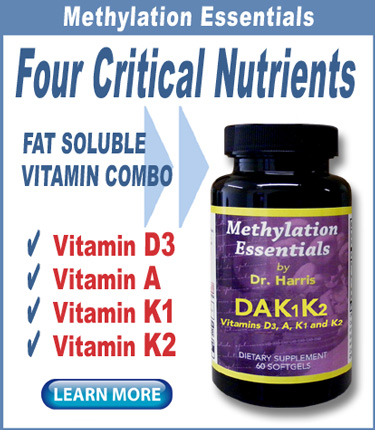According to new research published in Nutrients, the vitamin known primarily for heart and bone benefits–Vitamin K2—may also be highly beneficial in preventing Alzheimer’s disease.
The study, conducted by researchers from the Harvard Extension School and Pacific Northwest University, concluded that “Vitamin K2 has the potential to slow the progression of Alzheimer’s and contribute to its prevention.”
The research included a review of dozens of earlier clinical studies that had examined the impact of Vitamin K2 on many aspects of overall health.
Vitamin K basics
Vitamin K was discovered by chance in the 1920’s after restricted diets in animals led to excessive bleeding.
“Vitamin K” actually refers to a group of vitamins that share a similar chemical structure. The two main forms found in the human diet are Vitmain K1 (phylloquinone) and Vitamin K2 (menaquinone).
Vitamin K1 is mostly found in plant foods like leafy green vegetables. It makes up about 75–90% of all Vitamin K consumed by humans. Vitamin K2 is found in fermented foods and animal products, and is also produced by gut bacteria.
The recommended adequate intake for Vitamin K is based only on Vitamin K1 and is set at 90 mcg/day for adult women and 120 mcg/day for adult men. There is currently no official recommendation for Vitamin K2—an oversight that is becoming more obvious as new research demonstrates just how vital Vitamin K2 is to overall health.
In the current study, the researchers noted both Vitamin K1 and K2 have roles in brain health; however, Vitamin K2 is more vital since it “activates a variety of extrahepatic Vitamin K dependent proteins, which have many complex roles.”
Reviewing earlier studies to demonstrate an Alzheimer’s link
According to Wikipedia, as of 2015 approximately 29.8 million people worldwide suffer from Alzheimer’s disease. When considering all forms of dementia, the number is approximately 50 million. It most often begins in people over 65 years of age, although up to ten percent of cases are early-onset affecting those in their 30’s to mid 60’s.
According to the CDC, a whopping 5.8 million Americans suffer from Alzheimer’s—almost 2% of the population.
To examine the Alzheimer’s/Vitamin K2 link the researchers reviewed 121 earlier clinical studies. In one study the researchers noted that the neuroprotective action was due to Vitamin K2’s ability to supresses the production of proinflammatory cytokines, which equated to less neuroinflammation.
In another study the researchers found that low levels of Vitamin K2 worsened the already-poor gut microbiome caused by antibiotic treatment. Ultimately this situation provokes gastric haemorrhage. Since gut bacteria produces Vitamin K2 (in addition to the amount received from food intake) any change in gut microbiome can contribute to Alzheimer’s disease symptoms. So, an increase in Vitamin K2 can help alleviate Alzheimer’s symptoms via the gut-brain axis.
Finally, the researchers noted how Vitamin K2’s brain support also comes via an indirect route: the heart. Since Vitamin K2 is effective in offsetting cardiovascular disease, and cardiovascular disease itself is known to promote dementia, then some of Vitamin K2’s brain support comes courtesy of a healthier heart.
In summary, the authors of the study wrote: “When considered together, these studies strongly suggest that Vitamin K2 could play an important role in Alzheimer’s prevention and therapy.”
Optimal Health Systems offers several formulas providing Vitamin K2, and one product providing a potent K1 and K2 combination. Please follow the links below for more info.
Optimal Longevi-D
(with K2, CoQ10 and Vitamin D)
Optimal 2 Vitamin/Mineral
(with K2 and all other essential vitamins and minerals)
Essential DAK1K2
(with both K1 and K2, and other fat-soluble vitamins)
– – –
Sources: Nutrients/MDPI, EuropePMC.org, Healthline.com, Wikipedia, CDC.org.


